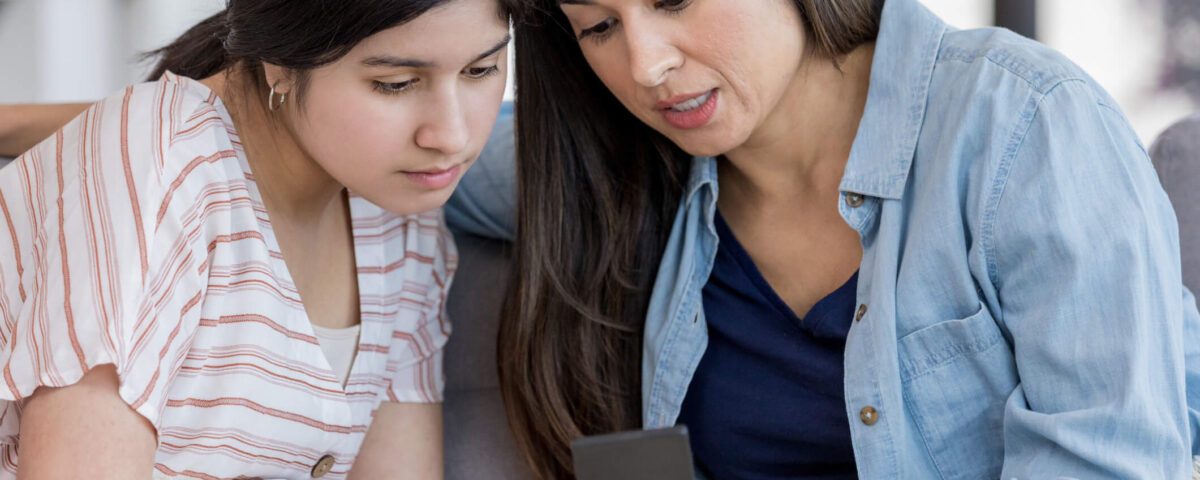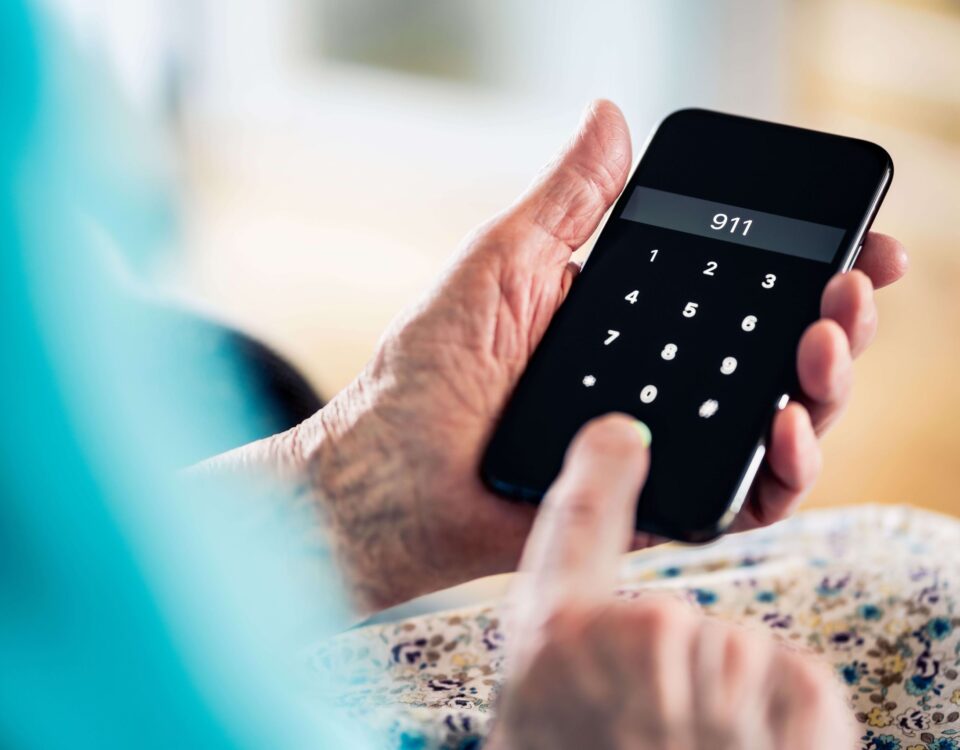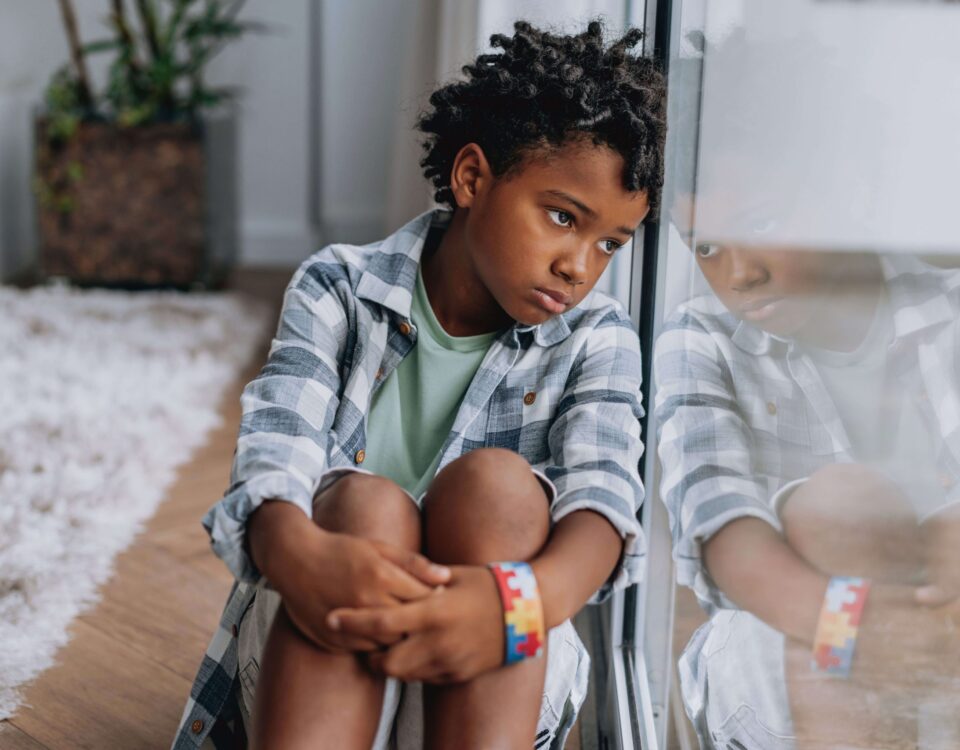- Have any questions?
- 412-123-4567
- noreply@upmc.com
How to Talk to Your Family About Helping During an Emergency

Did you know that most emergencies happen at home? Household emergencies can happen anytime, so it's important for you and your family to know what to do when minutes matter. Here are a few resources to help you talk to your family and prepare for potential emergencies.
Assess and Manage Risk Factors in Your Home
Many household emergencies are preventable, so it is important to assess and manage risk factors in your home. And the first step in being prepared is understanding and recognizing potential risks, as well as the most common types of emergencies.
The five leading causes of household injury or death in the United States are:
- Poisoning—including all substances, illegal and prescription drugs, alcohol, poisonous gases, pesticides, and chemicals
- Falls
- Choking/suffocation
- Drowning in a bathtub or pool
- Fires/burns
Just as every family is different, so is every family's home risk assessment. To help prevent an emergency, families may consider:
- Moving cleaning agents to high cabinets and locking up medications and alcohol.
- Installing carbon monoxide detectors and making a calendar for replacing batteries in both carbon monoxide and smoke detectors.
- Keeping Narcan®, an overdose reversal drug, on hand in case of an opioid overdose.
Talk to Your Family
Having a conversation with your family about risk factors in your home can help prepare and prevent emergencies. Start by asking, “What are the risks in our home?" Walk together through each room and list any potential hazards. For instance, does your family:
- Use candles, a space heater, a wood-burning stove, or fireplace?
- Have any frayed extension cords?
- Have heavy furniture (like dressers or large cabinets) or a TV that could tip over?
- Have any tripping hazards on or near your stairs?
- Practice safe cooking habits when using an open flame?
Make note of the risks and be sure to take preventive actions. That could mean checking air flow around space heaters; replacing worn extension cords; securing heavy furniture to walls; installing handrails; and modeling attentiveness and safe practices when cooking on an open flame.
Don't forget to consider potential hazards in the yard:
- Do you have a swimming pool?
- Is any concrete loose or broken?
- Are you practicing lawn mower safety by wearing proper footwear and eye protection?
- Is the grill and any propane, lighter fluid, or other materials stored safely?
Education
You will be able to help your family members prepare to handle household emergencies by learning basic emergency preparedness skills yourself.
Here are some articles about the things you can do to help in an emergency:
Children as young as 5 years old have successfully called 911 and helped save a family member's life. Children can start learning the basics of chest compressions and bleeding control at young ages – and many already do as part of scouting groups, babysitting classes, and health education in schools.
The first few minutes of an emergency often predict the outcome. By knowing how to respond, or what or do, you have the power to potentially save a life.
Make an Emergency Plan
Another way to prepare for emergencies is by creating a plan:
- Prepare a family emergency contact list. Choose a close friend or relative outside your community who can serve as a family liaison in case your family members can't connect during an emergency. Have your home address and important phone numbers in a centralized location.
- Download our emergency checklist and place it in a spot where you or a family member can locate it quickly. Make mini versions of the list for each person to carry in their wallet or backpack.
- Make an emergency kit. Be sure to have enough food, water, cash, and other supplies on hand to last for at least three days without electricity or water, and possibly longer if you live in a remote area.
- Have a first aid kit ready. Buy a preassembled first aid kit or assemble your own – which can be a fun family activity. Find out what to pack in a DIY first aid kit.
When you and your family know what to do during an emergency, you can act quickly and with more confidence when time is critical. Learning emergency preparedness skills can help you or a family member save a life.



